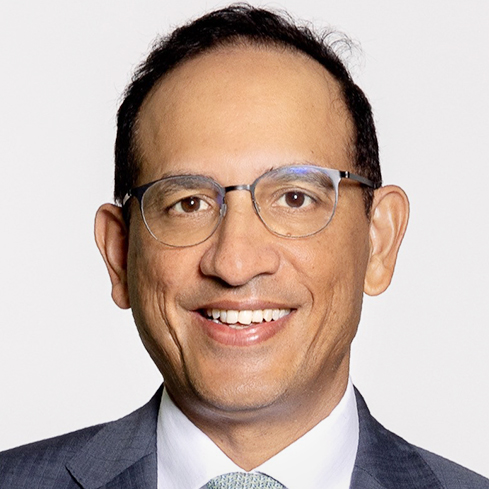SINGAPORE – The Republic of Indonesia expects to see robust debt issuance going forward, says a finance ministry official, adding that the country has “flexibility” to issue more international bonds.
“Other than rating upgrades, investors appreciate our prudent fiscal policy. We have flexibility up to 25% for international bond issuance,” says Loto Srinaita Ginting, director of government debt securities, Ministry of Finance Indonesia, during the panel on Indonesia at The Asset 12th Asian Bond Markets Summit in Singapore.
Ginting says, before near-300 summit delegates, that the government is pursuing initiatives to bolster debt markets, one of which is to get retail investors involved.
“We want to diversify our investor base by reaching retail investors. Hopefully introducing retail government securities online, which are currently under a pilot project, will encourage this,” she adds.
“We're going to see a more diverse investor base for Indonesian rupiah bonds,” echoes Ezra Nazula, chief investment officer, fixed income at Manulife Aset Manajemen Indonesia. “The potential for the corporate bond market is huge, definitely there will be demand. Going forward, with bond yields reducing and investor demand increasing, there's a lot to look forward to,” he adds.
The optimism around Indonesia’s prospects comes as the country goes from strength to strength. The republic obtained full investment grade status on the back of the country’s focus on macro stability and the implementation of structural reforms in 2011. Its rating outlook, over time, has also improved.
“The government is trying to lower the bank lending rate, hence we see a visible shift from deposits to corporate bonds especially for short tenor,” says Steve Kosasih, CFO at Wijaya Karya. “Indonesia will still give a quite attractive coupon rate for international investors,” he adds.
Just recently, Indonesia announced its GDP growth for the third quarter of 2017 at 5.06%, which was described as disappointing compared with estimates of 5.20%. But its GDP performance should be viewed in the context of other emerging markets.
“It’s important to know that 5% growth is a bit low from an Indonesian perspective, but compared to other countries it's pretty high,” says Thomas Rookmaaker, director and primary sovereign analyst for Indonesia, Fitch Ratings. Fitch was the very first among the three international rating agencies to lift Indonesia’s credit rating to investment grade in 2011 and revised the outlook from stable to positive in December 2016.
“The impact of the rating upgrade in Indonesia is quite visible, foreign flows amounted to about US$11 billion helping the yield to come down. The challenge is liquidity in the secondary market,” says Zaki Maulani, associate director, investment banking at IndoPremier Sekuritas.
“Driven by lower yield, pricing is already getting tighter, hence we expect new names to come to the market due to the lower funding cost. Seventy-percent of corporate bonds are dominated by banks and financial companies,” he adds.









